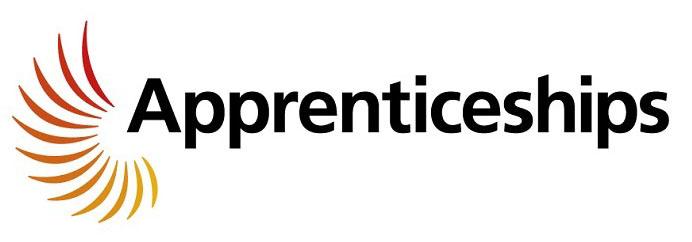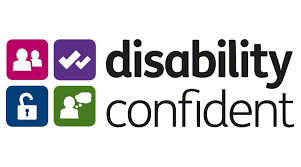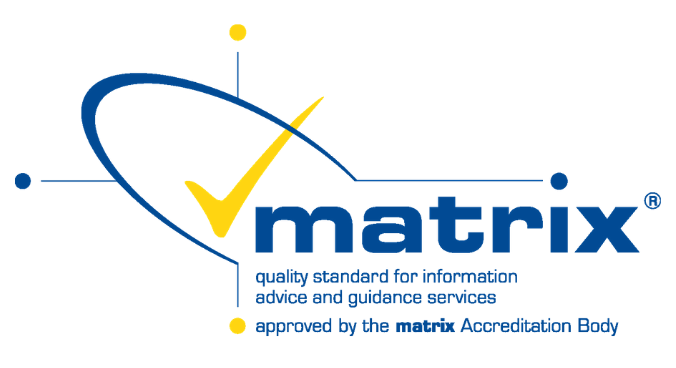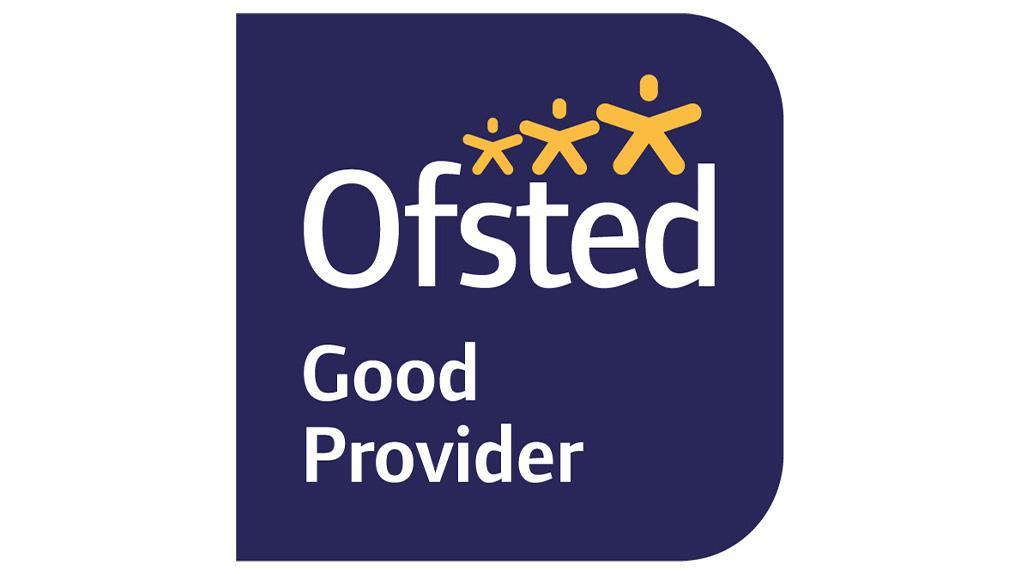
Prevent Policy
NSEGTA is committed to providing a secure environment for all apprentices / learners, where they feel safe and are kept safe. All staff at NSEGTA recognise that safeguarding is everyone’s responsibility, irrespective of the role they undertake and whether or not their role has direct contact or responsibility for children, young people or vulnerable people.
Apprentices / Learners can be vulnerable to extremist ideology, radicalisation and other forms of harms and abuse. Protecting our apprentices / learners from this risk is part of NSEGTA’s safeguarding approach.
NSEGTA recognises the Government’s concern that the UK continues to face a threat from terrorism and will endeavor to support in identifying and acting promptly to report any concerns.
In adhering to this policy and the procedures therein, staff and visitors will comply with the company’s statutory duties to:-
- Keep young people and vulnerable adults safe as set out in the Keeping Children Safe in Education, DfE Guidance September 2024.
- Safeguard and promote the welfare of all children as set out in the Education Act 2002.
- Contribute to the delivery of the outcomes for all children, as set out in the Children Act 2004.
- Have due regard to the need to prevent people from being drawn into terrorism, as set out in Counter-Terrorism and Security Act 2015.
Purpose
This policy is shared with all staff, apprentices / learners, employers, key stakeholders and other interested parties. This policy is also available on our website at www.nsegta.co.uk.
NSEGTA has a statutory and moral responsibility to safeguard and promote the welfare of young people and vulnerable adults receiving education and training with NSEGTA. This policy describes the responsibilities of NSEGTA in response to current legislation and guidance and is linked to our Safeguarding Policy.
NSEGTA have a duty to support with and to prevent people from being drawn into terrorism which is commonly known as the “Prevent Duty” as set out in Schedule 6 of the Counter-Terrorism and Security Act 2015.
The purpose of this prevent policy is to identify clear responsibilities and accountabilities for the Prevent Duty at NSEGTA and to ensure we have access to the relevant channels of communication to report a child, young person or vulnerable adult that may be at risk of radicalisation or extreme ideologies.
The following associated organisational policies may help staff to identify and relevant changes in a person’s behaviour:
- Safeguarding Policy
- Welfare Policy
- Complaints Policy
- Equal Opportunities Policy
Definitions
Ideology – a set of beliefs.
Radicalisation – the process by which a person comes to support terrorism and forms of extremism leading to terrorism.
Terrorism – Terrorism is an action or threat designed to influence the government or intimidate the public. Its purpose is to advance a political, religious or ideological cause. There are four themes to the strategy:
- pursue: to stop terrorist attacks
- prevent: to stop people becoming terrorists or supporting terrorism
- protect: to strengthen our protection against a terrorist attack
- prepare: to mitigate the impact of a terrorist attack
Extremism – a vocal or active opposition to fundamental British values, including democracy, the rule of law, individual liberty and the mutual respect and tolerance of different faiths and beliefs. This also includes calls for death of members of the armed forces.
There are three types of extremism behaviours as follows:
- Violent Extremism – is the beliefs and actions of people who support or use violence to achieve ideological, religious or political goals.
- Domestic Extremism – refers to the activity of individuals or groups conducting criminal acts of direct action to further their protest campaign.
- Hateful Extremism – The demonstration of unacceptable behaviour by using any means or medium to express views, which:
- Incite and amplify hate, engage in persistent hatred, or equivocate about and make the moral case for violence
- Draw on hateful, hostile or supremacist beliefs directed at groups perceived as threats to the well-being, survival or success of another group
- And cause (or are likely to cause) harm to individuals, communities or wider society
Channel – a multi-agency approach which focuses on providing support at an early stage to people who are identified as being vulnerable to being drawn into terrorism. The programme uses a multi-agency approach to protect vulnerable people by:
- identifying individuals at risk
- assessing the nature and extent of that risk
- developing the most appropriate support plan for the individuals concerned
Key Principles
NSEGTA is a safe place where apprentices / learners can explore controversial issues safely and where our staff encourage and facilitate this and have a duty to ensure this happens. However, there is no place for extremist views of any kind on our premises or employers’ premises, whether from internal sources (apprentices / learners, staff or trustees) or external sources (community, external agencies or individuals).
Any prejudice, discrimination or extremist views, including derogatory language, displayed by apprentices / learners or staff will always be challenged and where appropriate dealt with in line with our policies and procedures.
Where misconduct by a member of staff is proven, the matter will be referred to the appropriate authorities.
We recognise that if we fail to challenge extremist views we are failing to protect our apprentices / learners and staff.
We will provide training, delivered by skilled professionals, so that our apprentices / learners are enriched, understand and accept difference and diversity and also to ensure that they feel safe and valued.
We recognise that extremism can take many forms including: (bit not limited) violent extremism including those linked to Islamist ideologies, or Far Right / Neo Nazi / White Supremacist ideologies, Irish Nationalist and Loyalist paramilitary groups, and extremist Animal Rights movements.
Furthermore, we are aware that young people and vulnerable adults can be exposed to extremist influences or prejudiced views from an early age, which originate from a variety of sources, including parents, the internet and peers.
Designated Safeguarding Staff
The Designated Safeguarding Lead (DSL) for NSEG is Sarah Stanway – CEO who has the lead responsibility for safeguarding and child protection, including Prevent Duty. The DSL leads on concerns regarding extremism or radicalisation and is the first point of contact for apprentices / learners, staff or external agencies where concerns about an individual’s safety or well-being are raised.
Where there are concerns regarding extremism and radicalisation, the DSL will liaise with Stoke on Trent Local Authority Prevent Team and make referrals where appropriate.
Where there are serious and immediate safety issues to the apprentice / learner, employee or others and there is evidenced that a criminal act may be committed or has been committed the DSL will contact the police.
The ultimate responsibility for the Prevent Duty and the accountability for ensuring the effectiveness of all policies and procedures, including Safeguarding, Prevent and organisational compliance with regulatory requirements remains with the CEO.
The Deputy Safeguarding Officer Lead (DSO) for NSEG is Duncan Maydew – Head of Operations.
Implementation of the Prevent Duty
The responsibilities of NSEGTA:
- NSEGTA have a legal responsibility to fulfil the prevent duty statement.
- To ensure this Prevent Duty Policy is reviewed annually or in line with current legislation and that all staff are fully committed to supporting and following the policy and procedures.
- To promote this policy to staff, apprentices / learners, employers and key stake holders.
- To engage with its employees, apprentices / learners, employers and key stakeholders in implementing this policy and procedure.
- To identify a designated Safeguarding Lead who is the main point of contact for Prevent
- To follow statutory guidance in Keeping Children Safe in Education 2024 for recruitment and apply Safer Recruitment best practice.
- To ensure that resources are deployed to support the implementation of this policy and associated policies and procedures including the Safeguarding Policy.
- To make to clear internal sources (apprentices / learners, staff or trustees) or external sources (community, external agencies or individuals) that there is no place for extremist views of any kind in our premises or employers’ premises.
- We will provide an environment where mutual respect and understanding is encouraged and to promote the use of dialogue not violence as a form of conflict resolution.
- To develop and maintain clear reporting / channel protocols with key partners including (but not limited to) the Local Authorities, the Police and specialist external advisors.
- To provide relevant training to staff on implementing this policy and to recognise radicalisation and extremism (contained in Appendix A) and ensure they are confident enough to challenge it including the responses required in terms of the usual safeguarding reporting procedures alongside the Prevent duty. They are given access to the DfE guidance “Work-Based Learners and the Prevent Statutory Duty.
- To ensure all staff complete Prevent training at least every two years and gain regular updates through CPD activities.
- To vet any external agencies, individuals or speakers engaged to provide learning opportunities or experiences for our apprentices / learners to ensure that any activities are matched to the needs of the apprentices / learners.
- To protect its staff, apprentices/learners from radicalising influences.
- To ensure staff, apprentices / learners are resilient to extreme narratives
- To act on any concerns raised through appropriate and proportionate actions
- To monitor the implementation and effectiveness of this policy through periodic reports to SMT and the Board of Trustees
- To attend local, prevent network meetings to share best practice and approaches to safeguard stakeholders.
- To liaise with the DfE Regional Prevent Lead for FE/HE where appropriate to do so.
- If necessary, to obtain evidence that any sub-contracted organisations are not funding extremism. This includes having policies and procedures in place to prevent radicalisation and extremism, that they have systems in place to manage any cases of radicalisation or extremism and that the organisation, directors or employees have no links with extremist organisations.
- Monitors online activity within its network to ensure that inappropriate sites are not accessed by apprentices / learners or staff. This is managed and monitoring by our IT Service provider. Anyone needing to use a blocked website for academic purposes should contact the CEO to gain approval.
The responsibilities of NSEGTA staff
- To be aware of the policy and to understand warning signs of radicalisation and extremism.
- To develop leaners’ understanding of risks related to radicalisation and extremism and know how to raise any issues or concerns.
- To undertake periodic training with respect to Prevent agenda and at least every 2 years.
- To report any prevent related concerns or suspicious activity as per the organisations safeguarding procedures.
- Identify and report changes in colleagues, employers or apprentices’ / learners’ behaviour, which could indicate that they may be in need of help or protection.
- Report colleagues, employers, apprentices / learners’ accessing extremist material online, including through social networking sites.
- Report colleagues, employers, apprentices / learners’ voicing opinions drawn from extremist ideologies and narratives.
- Report any Prevent issues raised by colleagues, apprentices / learner and employers to the Designated Safeguarding Lead.
- To make all apprentices / learners, employers and key stakeholders aware of our confidential safeguarding email address safeguarding@nsegta.co.uk where they can report any issues / concerns.
NSEGTA Trainers / Tutors will do the following:
- ensure that all teaching approaches help apprentices / learners build resilience to extremism and give them a positive sense of identity through the development of critical thinking skills.
- adapt teaching and resources, to address specific issues that are relevant to the current issues of extremism and radicalisation.
- promote the values of democracy, the rule of law, individual liberty, and mutual respect and tolerance for those with different faiths and beliefs.
- teach and encourage apprentice / learners to respect one another and to respect difference, especially those of different faith or no faith. It is the most fundamental responsibility to keep apprentices / learners safe and prepare them for life in modern multi-cultural Britain and globally.
- help support apprentices / learners who may be vulnerable to such influences as part of wider safeguarding responsibilities and where they believe an apprentices / learner are being directly affected by extremist materials or influences, ensure support is offered by following the organisations safeguarding procedure
Data Protection
To operate and administrate the Prevent Duty Policy, the Company needs to collect and process personal data. This personal data will be processed in accordance with the Company’s Data Protection Policy and Employee Privacy Notice. Where it is necessary for the Company to collect and process information which is called Special Categories of personal data, such personal data will be collected in accordance with the Company’s Data Protection Policy and Employee Privacy Notice related to the processing of special categories of personal data. The Company has a legitimate interest and/or a legal obligation in processing this personal data to ensure that the Prevent Duty policy is complied with and correctly managed.
All personal data collected and processed by the Company is held securely and only accessed or disclosed to those individuals who require such information for the purposes for which it was collected. Any inappropriate access or disclosure of personal data is treated as a data breach. You should immediately report any such inappropriate access or disclosure to the person responsible for data protection as shown in, and in accordance with, the Company’s Data Protection Policy. Such a breach will be investigated and dealt with under the Company’s Disciplinary Policy and Procedure.
Approved and signed by:
Sarah Stanway
Sarah Stanway
Chief Executive
Reviewed 1st April 2025
(to be reviewed January 2026)









